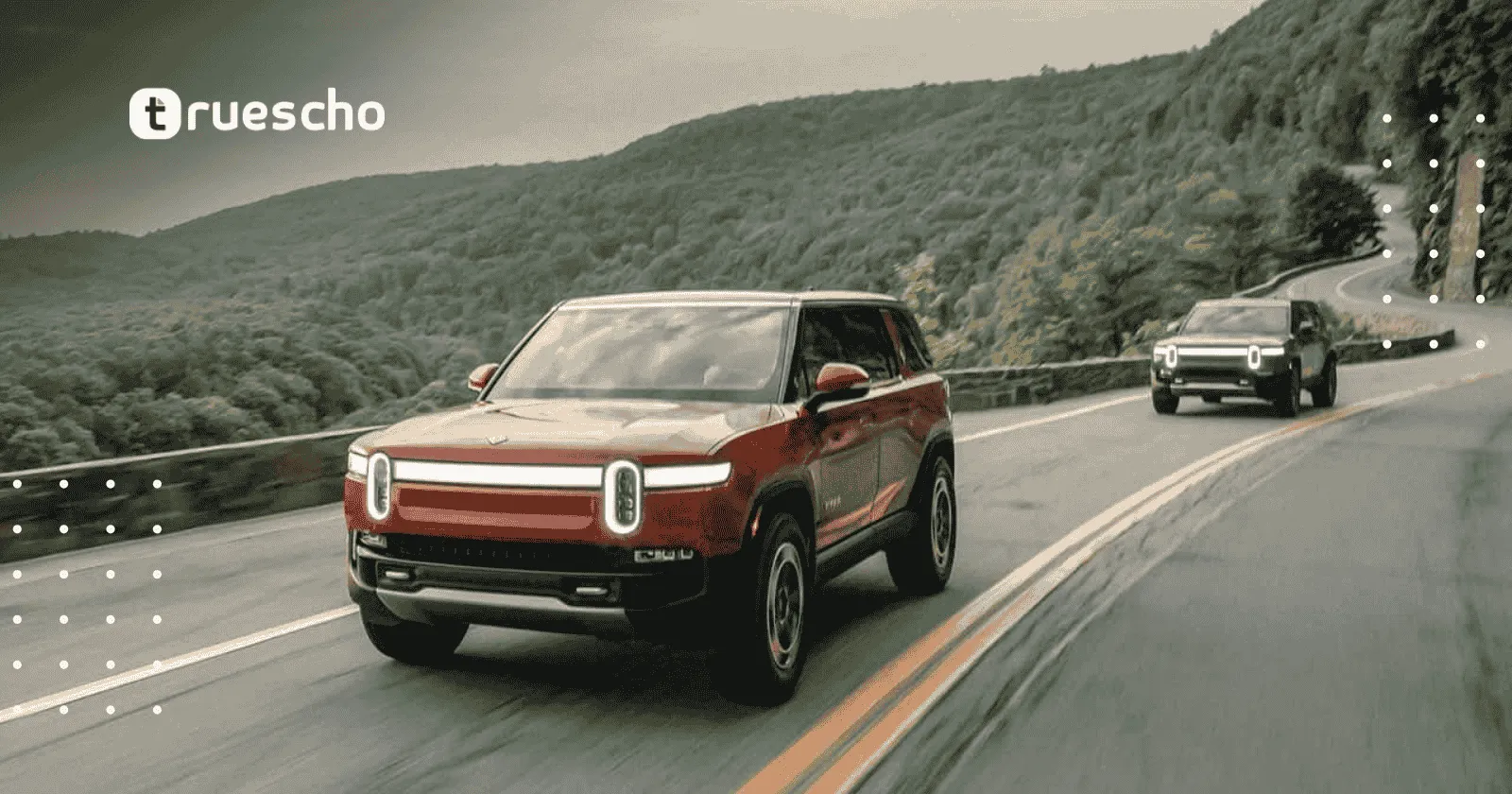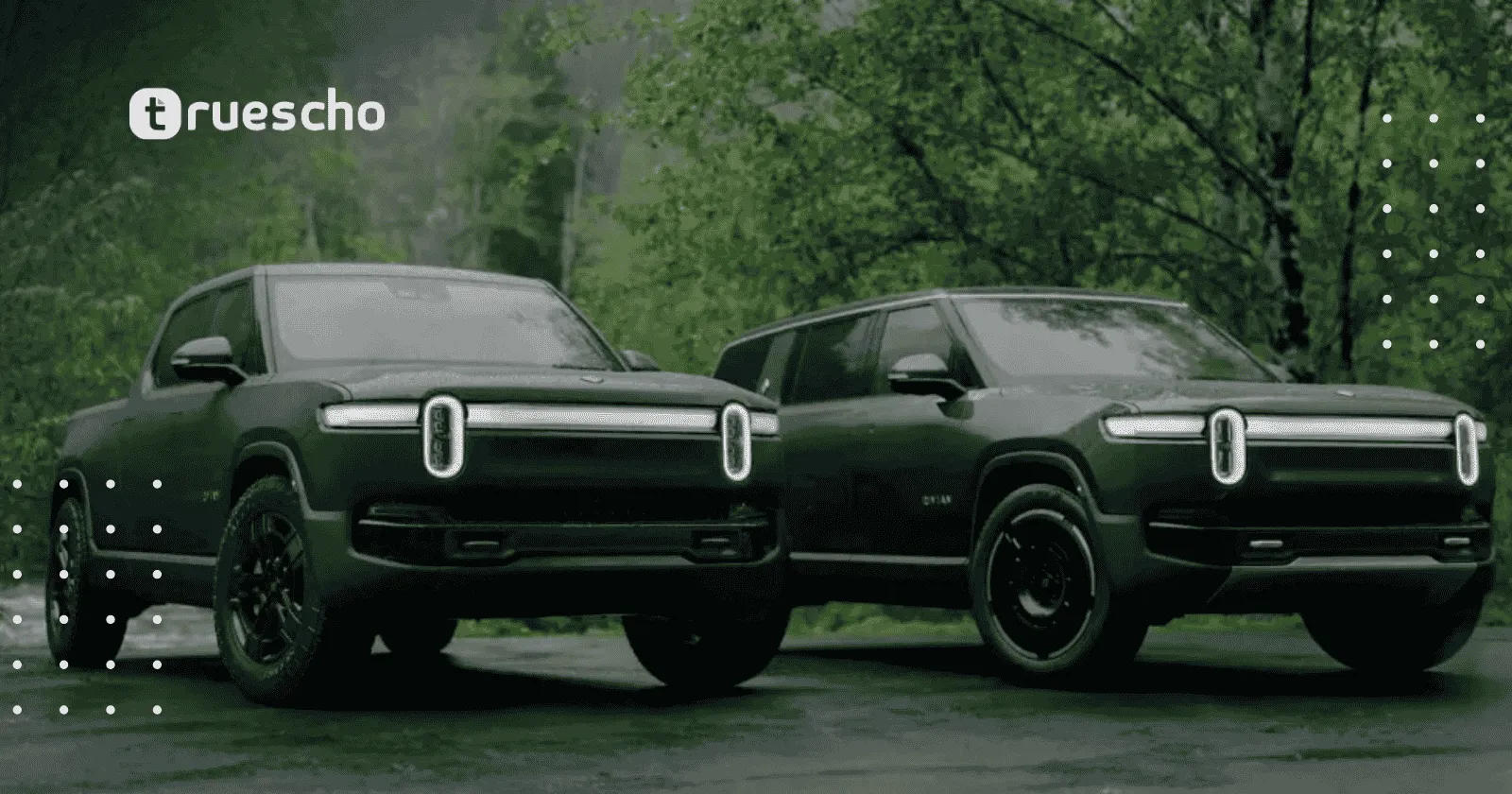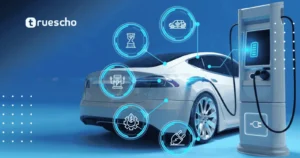Rivian spins out a new micromob 2025
Before founding Rivian back in 2009, RJ Scaringe was already fascinated by the potential of micromobility. He envisioned a future where innovative, compact, and affordable transportation options could complement larger electric vehicles.
Over a decade later, that early interest evolved into a secretive project within Rivian—a small skunkworks team determined to explore whether the company’s advanced electric vehicle technology could be scaled down to create something less bulky and more accessible than its signature vans, trucks, and SUVs.
The experiment proved successful. Scaringe revealed that not only did the project answer that key question with a confident “yes,” but it also uncovered a vision too ambitious to be contained within Rivian. The team, originally formed within the automaker, now boasts about 70 members with diverse backgrounds from industry leaders like Apple, Google, Specialized, Tesla, REI Co-Op, and Uber. This evolution led to the birth of a new company—Also—backed by $105 million in funding from Eclipse Ventures.
Also will operate as an independent entity even as it closely partners with Rivian. With Rivian holding a minority stake, Scaringe set to maintain a board position, while also leveraging the automaker’s cutting-edge technology, retail network, and scale efficiencies. In this new structure, Chris Yu, formerly Rivian’s VP of Future Programs, has taken the helm as president of Also.
Read also: N8N AI Agent: Breakthrough MCP Update
Looking ahead, Also aims to launch its flagship product next year for consumers in both the United States and Europe, with plans to eventually expand into Asia and South America, tailoring vehicles for both personal and commercial use.
While details remain under wraps, Scaringe did hint that the team’s first design leans toward a bike-inspired form. “There’s a seat, two wheels, a screen, some advanced computer systems, and a battery,” he explained, emphasizing that the mission is to deliver reliable Rivian-quality micromobility at a price point that’s accessible.
He added, “It’s astounding that a premium e-bike can cost as much as it does. You can easily invest $6,000 to $8,000 on a quality e-bike, and even more for the top-tier models. That pricing reflects an underdeveloped, tiered supply chain.”
Read also: NA10 MCP Agent Update
Table of Contents
Rivian spins out a new micromob
While Scaringe initially focused on building electric passenger vehicles like the R1T pickup truck and R1S SUV, he never lost sight of his early interest in micromobility and e-bikes. Around 2019, discussions with former Rivian chief growth officer Jiten Behl led to serious talks about channeling that opportunity within the company.
Behl pointed out the clear gap in today’s urban mobility landscape: “Our cities aren’t designed for large vehicles, yet people still need to move around efficiently. There’s a need for something smaller and more adaptable.”
By 2022, with the addition of Chris Yu—formerly the chief product and technology officer at Specialized—the skunkworks team was in full swing. One of the early signs of this pivot was Rivian’s trademark filing for bicycles, electric bikes, and their structural components. Although Rivian briefly mentioned these electric bike concepts in various industry discussions, the details remained tightly held.

Driving Innovation with Rivian Technology
Many in the e-bike arena have strived to design standout options, but Scaringe noted that the fragmented supply chains and low production volumes kept costs high. His breakthrough moment came when he realized that Rivian’s vast expertise—ranging from power electronics to software and integrated computing—could pivot these challenges.
He recalled, “Most players in the micromobility space lack a fully integrated power electronics team or the software backbone needed to design smart vehicles. It made me realize, ‘Why not leverage our capabilities?’”
Read also: OpenAI Optimus Alpha
Both Scaringe and his colleagues, including Yu and Behl, see tremendous opportunities for Also not just in consumer markets, but also commercially. Yu pointed out that smaller electric vehicles are particularly advantageous in dense urban areas. “Cities—especially in Europe—are increasingly car-free in their centers. There’s a growing demand for compact vehicles for food delivery, parcel logistics, and other urban services,” he said.
Though the team is already in advanced talks with promising partners, the specifics remain confidential. The mission is clear: to create small, versatile electric vehicles that can be customized to meet diverse market needs around the world.
Read also: AI Is coming to the classroom
Key Highlights:
- Rivian’s pioneering journey into micromobility began over a decade ago.
- A dedicated team from top companies formed a skunkworks project, now spun out as Also.
- Backed by $105M from Eclipse Ventures, Also plans to debut its flagship product next year.
- The startup will leverage Rivian’s sophisticated technology and operational scale.
- Future plans include expanded offerings in both consumer and commercial markets worldwide.
When asked about the possibility of exploring unique formats—like rickshaws or skateboard designs—Scaringe acknowledged the practical challenges but left the door open. “In the world of micromobility, you can never say never,” he concluded.
This fresh venture, rooted in innovative electric technology, marks yet another bold step by Rivian and its founders in redefining urban transportation, making high-quality mobility solutions both accessible and sustainable.
Read also: Zapier MCP: Unlock 7 AI Automation Superpowers






